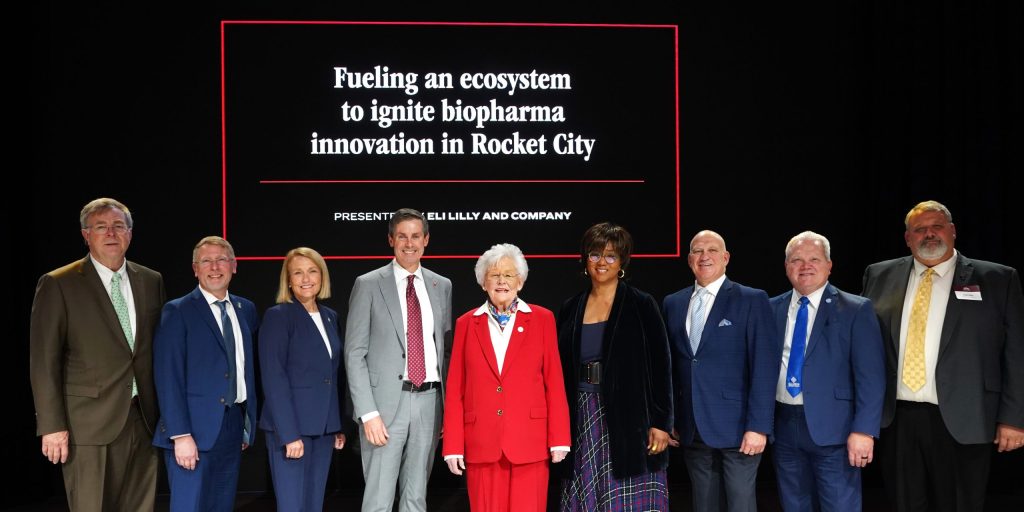HUNTSVILLE — As genetic sequencing technology becomes more accessible and efficient, researchers have made significant strides in understanding the genetic underpinnings of various diseases.
Despite these successes, scientists continue to try to improve genetic testing technologies because many individuals with rare diseases remain undiagnosed even after current state-of-the-art genomic testing.
Scientists at the HudsonAlpha Institute for Biotechnology were recently awarded a five-year, $2.9 million National Institutes of Health (NIH) grant to use a newer sequencing tool called long-read genome sequencing to re-sequence hundreds of genomes from individuals who previously had genome sequencing with no diagnostic results.
Long-read sequencing technology provides a more comprehensive view of the genome, allowing scientists to identify many genetic variants that traditional sequencing methods may miss.
HudsonAlpha Faculty Investigator Dr. Greg Cooper and his lab are at the forefront of using genome sequencing to revolutionize the diagnosis of genetic disorders in children. Since 2013, the team has sequenced the genomes of nearly 2,000 children, and over 40 percent of these had a genetic finding that may be relevant to their symptoms.
“Long-read sequencing holds immense promise for uncovering the genetic causes of diseases,” said Cooper. “My team and I are passionate about making a difference in the lives of individuals and families affected by rare genetic disorders. By pushing the boundaries of genetic research, we hope to shed light on previously hidden genetic variation and provide more accurate and timely diagnoses.”
HudsonAlpha Faculty Investigators Dr. Jane Grimwood and Jeremy Schmutz will join Cooper in the project.
For nearly two decades, they’ve co-directed the HudsonAlpha Genome Sequencing Center. The GSC team are experts at sequencing and assembling complex genomes. In fact, the GSC was one of the first labs in the world to have access to the sequencing technology being used for this project, continuing their long tradition of using cutting-edge genomic technologies.
Now, they want to focus on long-read sequencing technology, which they think will afford even more children and families a diagnosis. Early studies show that long-read sequencing can uncover relevant genetic findings in 5-10% of previously tested but still undiagnosed children, suggesting its potential to significantly improve diagnostic rates for a wide range of pediatric diseases. Also, as the technology is relatively young, it can be improved and refined and has the potential to increase diagnostic success even beyond what early studies are showing.
“Our goal is to empower families with the knowledge they need to navigate their health challenges and build a better future,” Cooper said.











